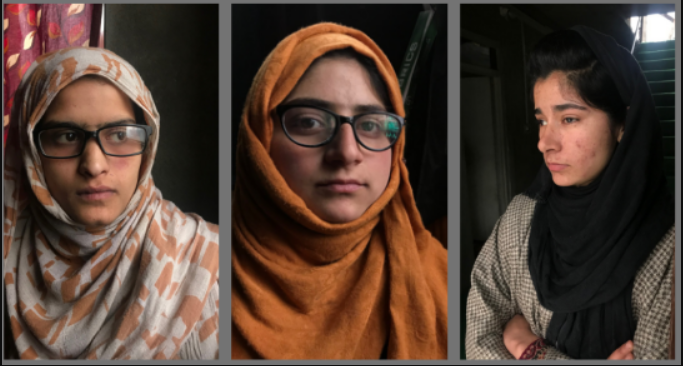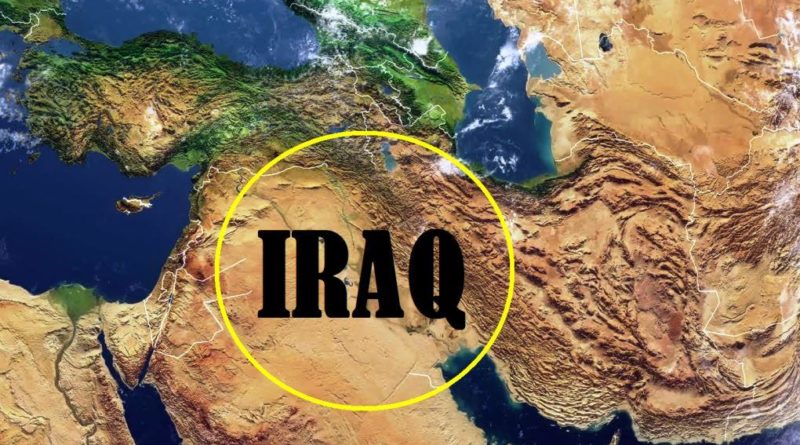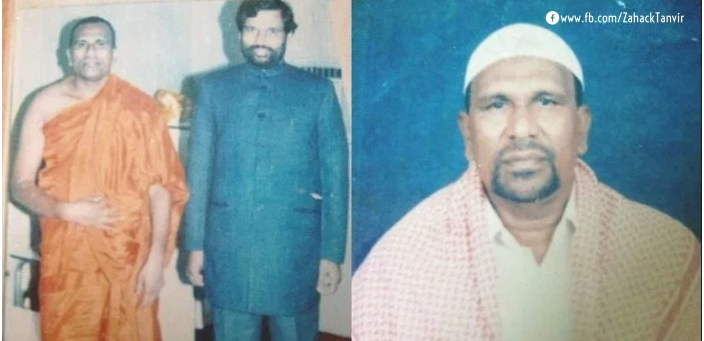Banished during menstrual cycle, a Hindu Nepali woman and her two sons die due to suffocation
According to the practice of Chhaupadi of Hinduism, women are barred from touching food, religious icons, cattle, and men. In fact, they have to sleep away from others in a windowless hut.
Read More








